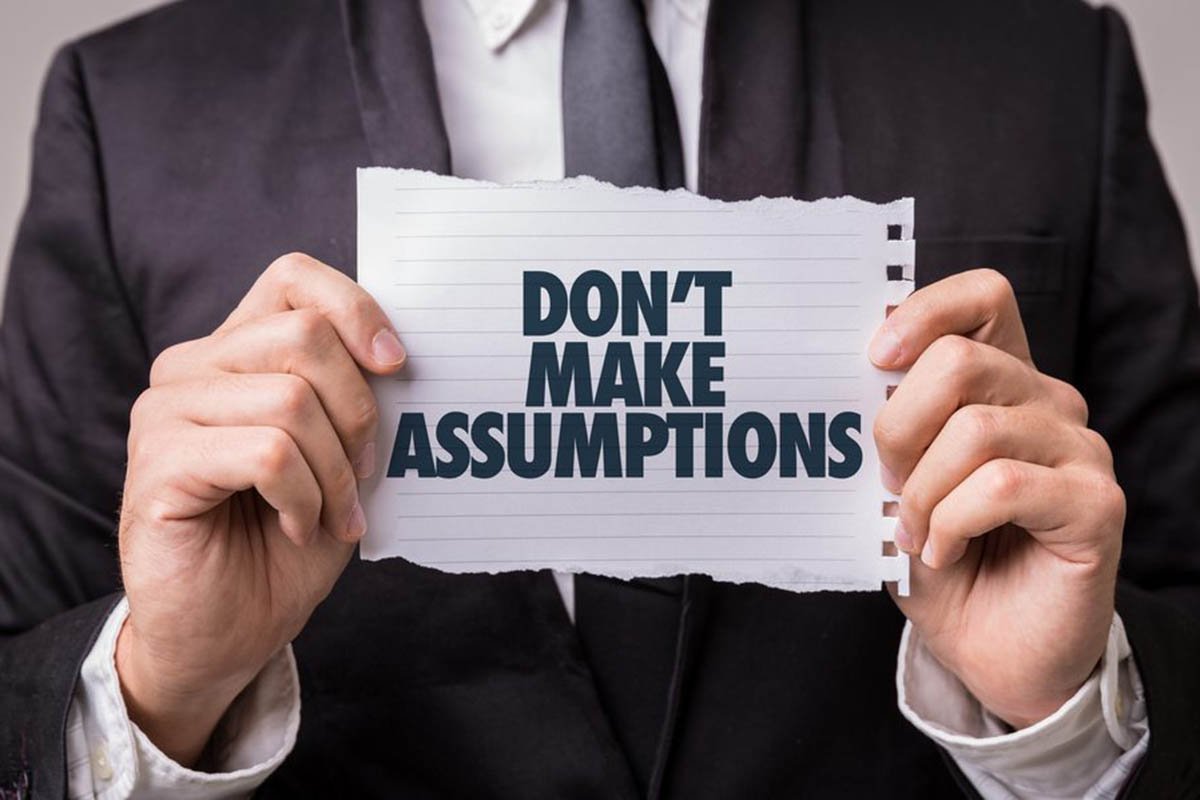The Kind of Ignorance We Don’t Talk About Enough (And How to Change It)
Ways to Practice Everyday Awareness
- Curate your inputs. Follow creators, writers, and voices that reflect different backgrounds. Not just for “diversity” points — but to stretch your perspective.
Replace judgment with curiosity. Instead of asking “Why would they do that?” try “What might I not be seeing here?” That one question can soften your whole worldview.
Turn moments into micro-lessons. Next time you hear a story, watch a film, or meet someone new — ask one more question. Just one. Small effort, big impact.
I’ve had moments where I realized how little I really knew about what others were going through.
Not because I didn’t care. But because I never slowed down enough to ask, to listen, or to read something that wasn’t in my own world.
And I know I’m not alone.
This isn’t the loud, offensive kind of ignorance we see online.
This is the quiet, unintentional kind — the kind that grows when we stay in our own lane too long, scrolling headlines, rushing through life, and assuming we’ve seen enough to “get it.”
But here’s the thing: we don’t get it. Not unless we make the effort.
And that doesn’t mean posting something performative or feeling guilty all the time.
It means staying curious. Asking better questions. Reading books or watching films that make you uncomfortable — not because they’re graphic, but because they show you a world you’ve never stepped into.
I remember watching Robin Williams in Good Will Hunting.
That scene. You know the one. Where he gently tears apart the idea that reading about something is the same as living it.
That hit me hard — and still does.
We can’t know what it’s like to grow up in someone else’s shoes, but we can try to listen more, judge less, and be open to unlearning what we thought we knew.
In a world that’s too quick to label and cancel, maybe the real power is in slowing down and choosing to learn.
What is Unintentional Ignorance?
Unintentional ignorance is a lack of knowledge or understanding that comes not from malice or denial, but from simply not being exposed to certain experiences, perspectives, or information.
It’s the kind of ignorance that happens when people haven’t yet had the opportunity—or haven’t made the effort—to learn about things outside their own lived reality.
It’s common, human, and forgivable—but also something we can actively work to reduce by staying curious, listening to others, and expanding our perspective.
So if you want to start — really start — here are a few simple but powerful steps:
Think Before You Speak
Thinking before we speak can be a great life lesson to learn no matter the context, but it can very much matter in today’s world.
Online platforms such as Twitter give us the chance to attack or pile on to someone we do not know in a matter of seconds or allows us to post our opinion without regard.
But it can be nice to simply think before we speak and to always double-check what we are about to type or say, or put out there into the world.
Is it truly a reflection of your ideas?
Are you educated enough to make that statement with confidence?
What might be the cost of your words? If everyone thought this, you can be sure the world would be a significantly less toxic place.
Define Ignorance: Seek To Learn More

Always strive to learn more about certain topics we may have become introduced to.
For instance, you might wish to understand how a deaf person communicates now that you have someone in your class which requires you to interact with them in this way, or you may simply wish to study history before you invoke it with confidence to win an argument.
Remember, it’s best to be quiet and considered a fool than to speak and remove all doubt.
Never Make Assumptions

Never make assumptions about someone’s lived experience.
In order to defend someone, or belittle them, it’s so easy to think that we know it all. But do we?
Do we even know it all about our own experience?
Humility is perhaps one of the most precious and needed commodities on the Earth right now, and so we’d invite you to just see how it can soften you with care.
None of this is intended to be seen as patronizing.
We can all fall into these traps.
But with the prior advice, we hope you can reduce whatever sureties you have in the face of being unaware.



















